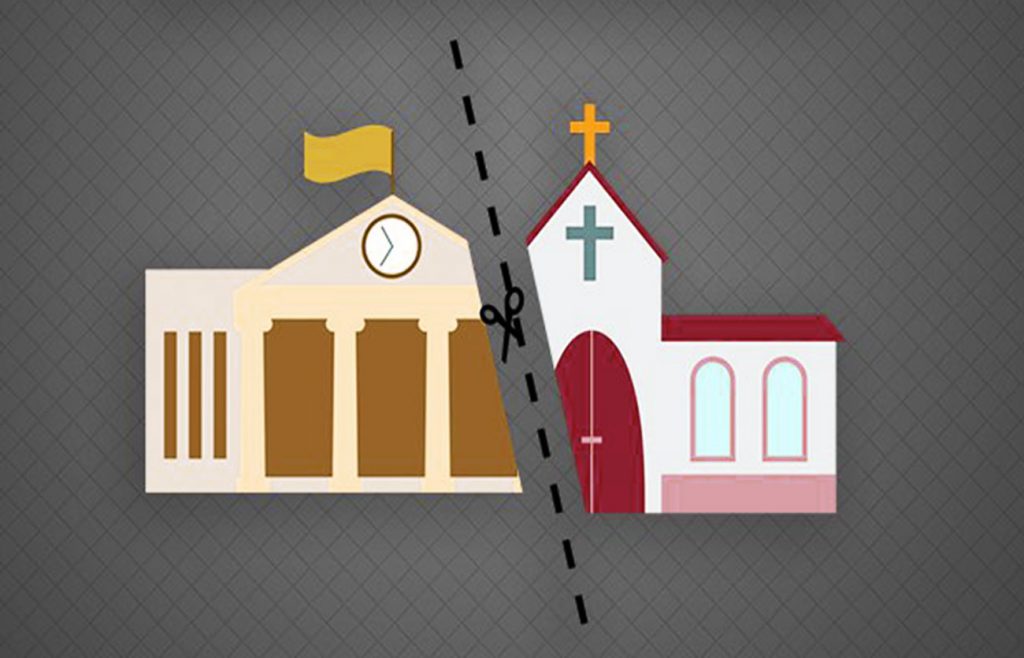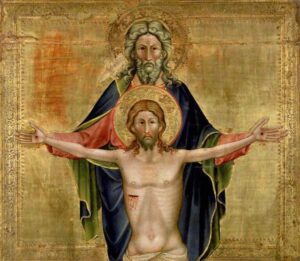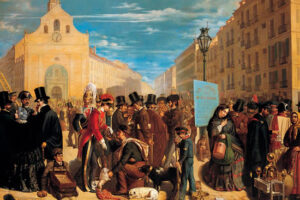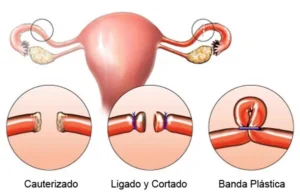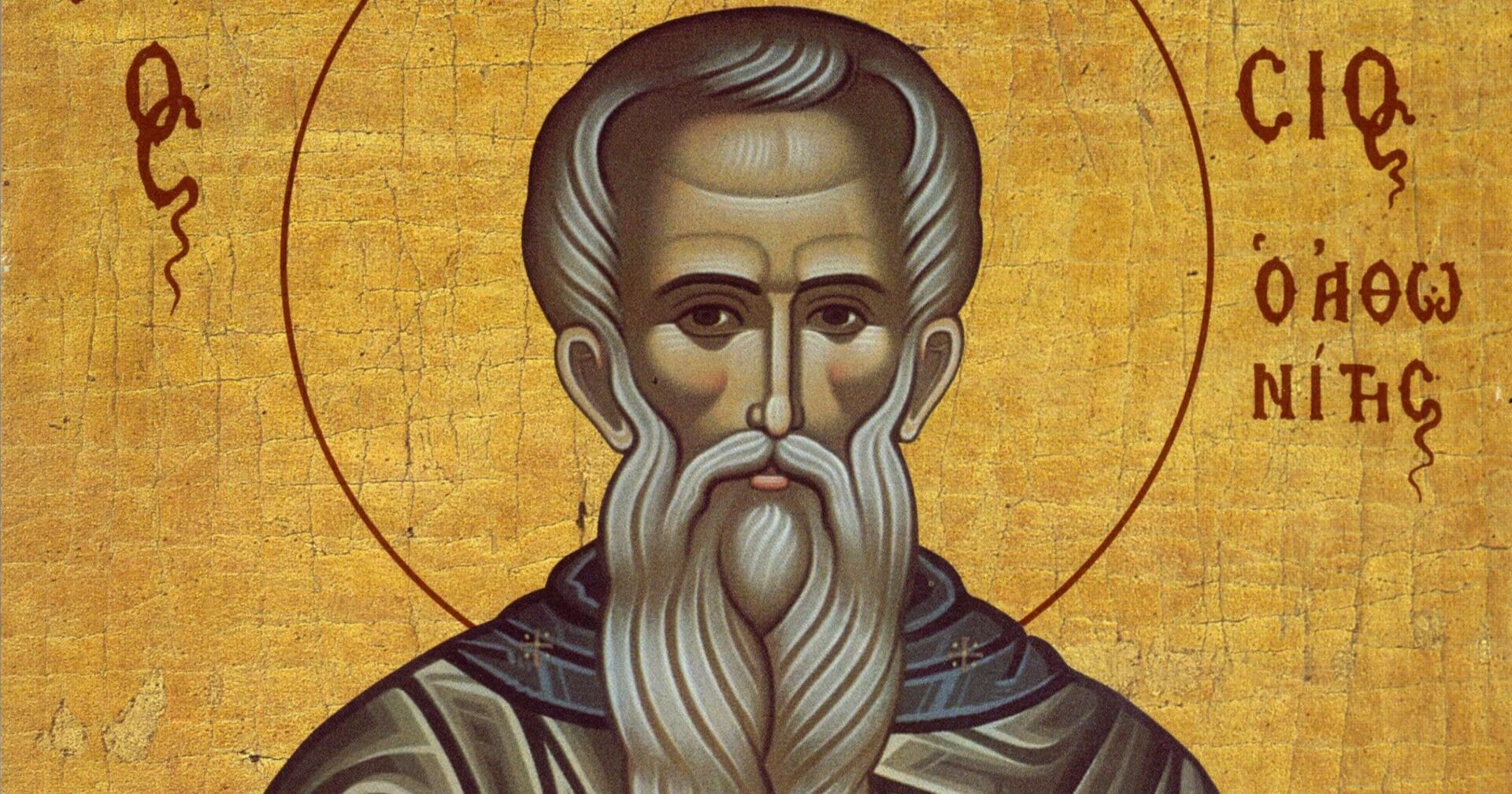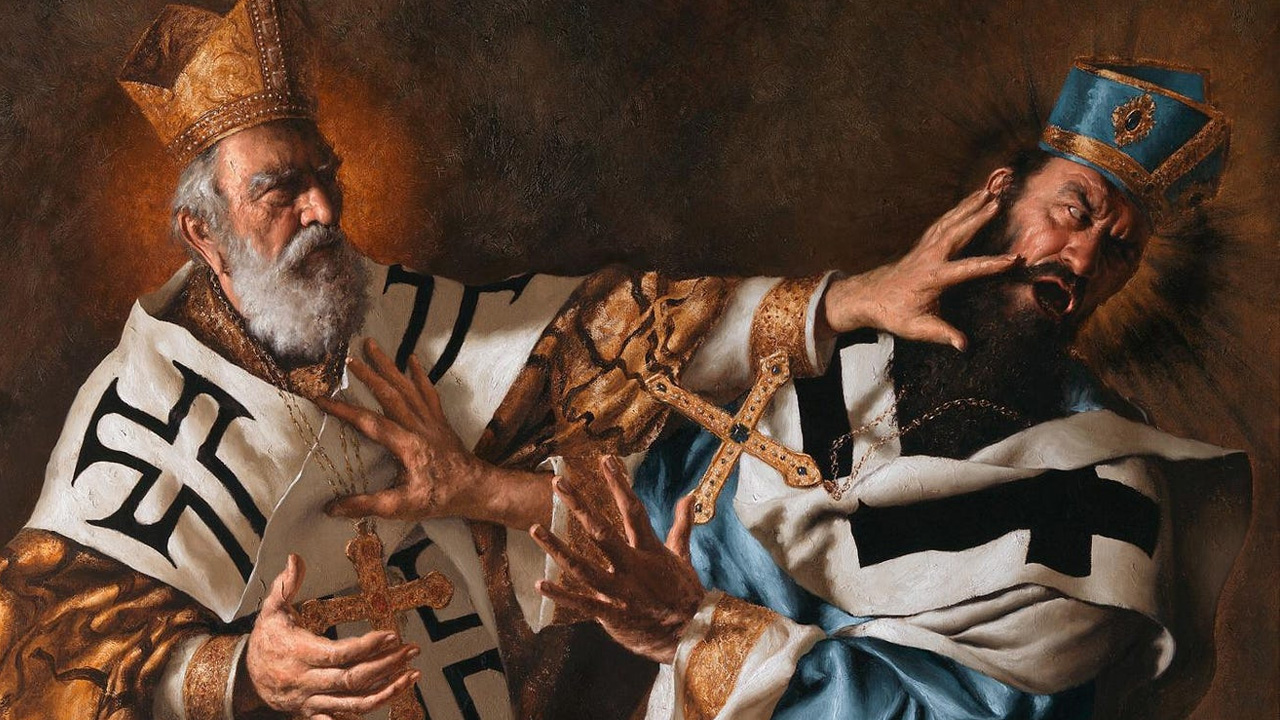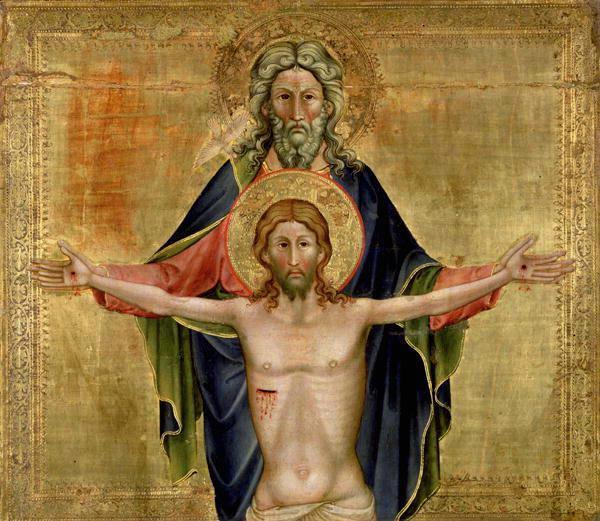Question: What is the Church’s opinion on ‘secularism’?
Answer:
Secularism is a movement of ideas and customs, a defender of a humanism that completely abstracts from God, and which concentrates entirely on the cult of doing and producing, while at the same time intoxicated with consumption and pleasure, without concern for the danger of ‘losing one’s own soul’. It cannot help but undermine the sense of sin…
John Paul II, Reconciliatio et paenitentia, n° 18.
We can place the very current phenomenon of secularism within the same plane as the so-called anthropological inversion upheld by progressive theologians, Martin Heidegger, and Karl Rahner. It began with Feuerbach, Nietzsche, Heidegger, and Sartre, and more recently in the Death of God theology and its followers Robinson and Tillich.
Secularization, secularism, and laicism can be taken as synonyms that merge and find their thematic justification in the common term that encompasses them: humanism without transcendence.
The difference between the current situation and the paganizing humanism of the 15th century, the deism and enlightenment of the 18th century, and finally the radical humanism of Feuerbach, which cuts at the root of modern immanentist pseudo-theology, is that today even Protestant theology seems to have passed into the ranks of the adversary with the aim of demolishing the sacred, especially under the pressure of the dialectical theology of Bultmann and Bonhoeffer.
Secularization has become the theological event of our time, just as in another time it was atheism, of which it constitutes the reverse side and the effect simultaneously.
From the point of view of Protestant theology, it is not a matter of a ‘deepening’ of the foundation, but rather secularization is the inevitable consequence of the opposition and rejection of faith and reason, nature and grace, affirmed by Luther as the essence of his departure from Catholic Tradition.
In this sense, secularization has become the rupture between two worlds accessible to human freedom: Lutheran theology of strict observance denied this freedom to natural man and entrusted to faith alone and extrinsic justification the possibility of the believer’s salvation.
Today the situation has reversed: it has expanded and invaded the other side or possibility of the soul, that of faith and grace, which recognizes and accepts within its very realm the void and the radical denial of God and the sacred professed by humanism and now by contemporary atheism. It is up to Man to think about man, to provide for him and save him; truth must be understood as the reduplication of man.
We can define secularism as: ‘the unrestrained plunging of man into the world, in the self-recognition of the homo humanus as homo mundanus: being in and for the world with the pretended intention of breaking all contact between nature and grace, reason and faith, between God and man.’
In this way, the Tradition of Catholic theology concerning the direct demonstrability of the ‘preambula fidei’—freedom, immortality, and above all the existence of God—is renounced, and consequently ‘theologia naturalis’ is also rejected.
Father Cornelio Fabro says that we cannot distinguish between secularization and secularism, since certain ‘theologians,’ by distinguishing them, say that secularism eliminates all reference to transcendence and revelation and therefore must be rejected; while secularization, which keeps this possibility open, can be upheld. This distinction, according to Fabro, is unacceptable because it implies the Protestant skeptical thesis of the abandonment of Metaphysics and the Theology of Creation.
In the pastoral and social order, secularization has devastating effects. Secularization, together with liberalism, with its destructive and dialectical work, reduces the intervention of the Church to the spiritual plane, excluding it from the temporal. As John XXIII says in Pacem in Terris[1]: ‘We believe that the explanation is to be found in a split in the human mind between religious belief and one’s action in the temporal sphere,’ that is, the separation between faith and life, as if they were two spheres that should exist separately, independently, governed by different and sometimes even opposing principles[2].
It is true, the State must have a legitimate autonomy, its own ends and its own means in its order. But since the immanent common good in society itself is not absolutely ultimate, it must always be open to transcendence in each of the members who participate in it[3]. Hence, the distinction between the natural and supernatural orders in political life does not imply separation, much less opposition. Following Thomistic thought on the matter, the above translates into the subordination of the natural order to the supernatural or spiritual order. It would be absurd to reduce and limit such subordination to the consideration of historical and cultural circumstances of a particular moment in humanity in which the so-called two swords were intimately united. For St. Thomas, even in an order that prescinded from revelation, the individual and society must be ordered to God, the ultimate end and absolute common good[4]. Subordination to the supernatural order does not strip politics of its own order; on the contrary, it confirms it and gives it a higher instrumental value, just as grace does not destroy nature, but rather presupposes it, heals it, and elevates it[5].
Fr. Miguel A. Fuentes, IVE
Footnotes:
[1] PT n° 53.
[2] Gaudium et Spes n° 43 says in this regard: ‘This split between the faith which many profess and their daily lives deserves to be counted among the more serious errors of our age. Long since, the Prophets of the Old Testament fought vehemently against this scandal.’
[3] ‘The Church and the political community in their own fields are autonomous and independent from each other. Yet both, under different titles, are devoted to the personal and social vocation of the same men. The more that both foster sounder cooperation between themselves with due consideration for the circumstances of time and place, the more effective will their service be exercised for the good of all. For man’s horizons are not limited only to the temporal order; while living in the context of human history, he preserves intact his eternal vocation. The Church, for her part, founded on the love of the Redeemer, contributes toward the reign of justice and charity within the borders of a nation and between nations. By preaching the truths of the Gospel, and bringing to bear on all fields of human endeavor the light of her doctrine and of a Christian witness, she respects and fosters the political freedom and responsibility of citizens.’ GS n° 76.
[4] ‘Finis autem humanae vitae et societatis est Deus’ (The end of human life and society is God). (ST. THOMAS AQUINAS, Summa Theologica, I-II, 100, 6). According to natural ethics, the priesthood and religion, as natural duties dictated by right reason, are ordered, together, in a pagan or pre-Christian culture, to the political power. Cf. ST. THOMAS AQUINAS, De Regimine Principum, I, XIV.
[5] ‘Far from suppressing the autonomy of any lower order, its hierarchical subordination has the effect of founding it, perfecting it, in short, ensuring its integrity and maintaining it. Nature is more perfectly nature by being informed by grace. Natural reason becomes more integrally reasonable by being illuminated by faith. The temporal and political order is more temporally happy and wise by accepting the spiritual and religious jurisdiction of the Church. As direct as it is, and even though it extends to the political, the authority of the Popes over the temporal is neither temporal nor political in the temporal sense of the term. It does not use the same means nor does it aim for the same end.’ Cf. GILSON E, La metamorfosis de la ciudad de Dios, Madrid, 1965.
Original Post: Here

